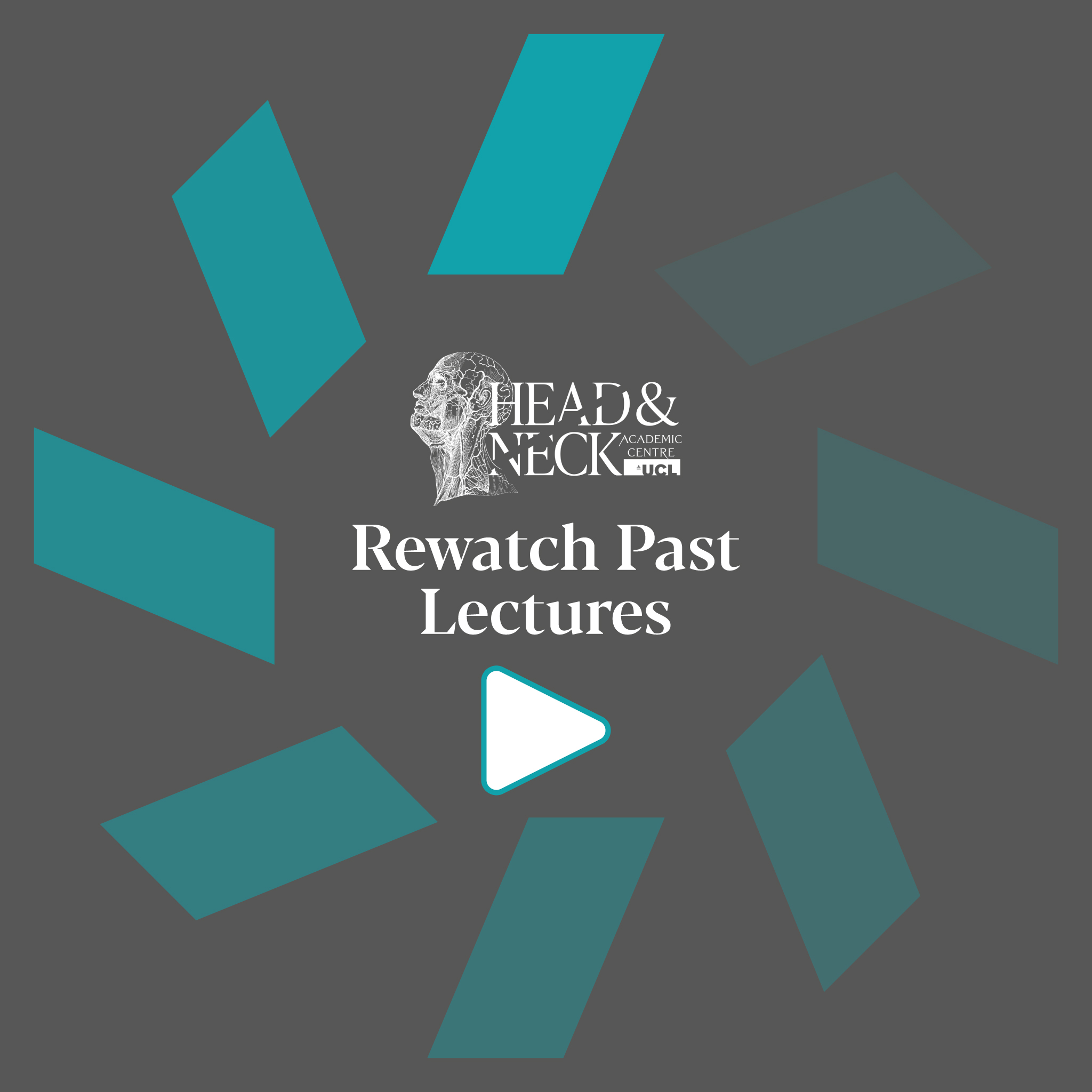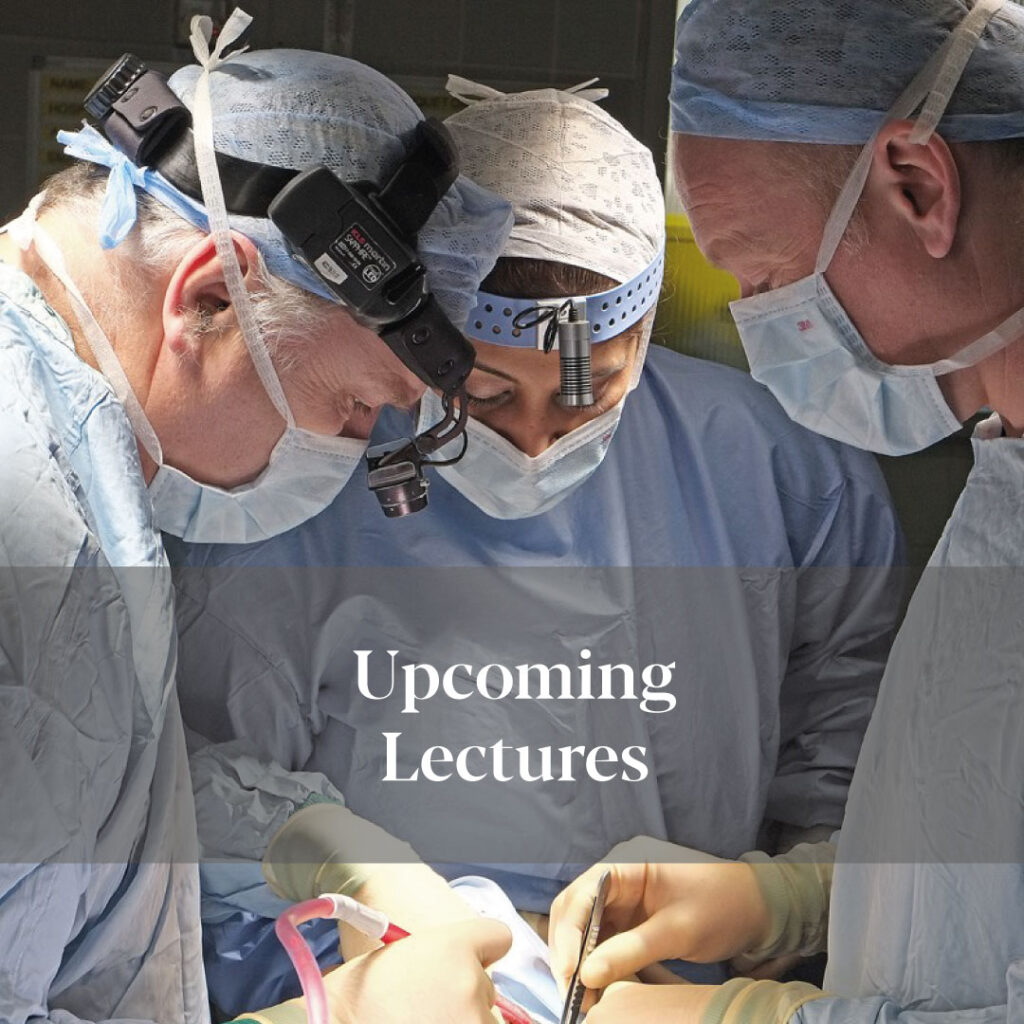What Do I Treat?
Prof McGurk is an experienced surgeon specialising in surgery of the mouth, jaw and face (Oral and Maxillofacial Surgery). He has spent many years specialising in surgical techniques, including minimally invasive surgery.
Areas of expertise
- Salivary Gland Surgery
- Surgery and treatment for malignant and premalignant conditions
- Odontogenic tumours (OT)
- Dental extractions & treatments
- Sentinel Node Biopsy (SNB)
- Extra-Capsular Dissection (ECD)
Mark specialises in using minimally invasive techniques to avoid functional problems later, these surgeries include:
Benign Parotid Tumours
Benign parotid tumours can be removed safely by a much smaller operation than traditional parotidectomy.
Salivary Stones
Almost all salivary stones can be safely extracted from the parotid and submandibular glands, so saving these glands from removal.
Salivary Strictures
Strictures cause salivary obstruction and can be treated by stretching the ducts with tiny balloons or dilators thus avoiding surgery.
Salivary Ranulae
In nearly all cases, a simple ranula can be cured by a strategically placed suture under local anaesthetic.
Mouth cancer, also known as oral cancer, is one of the rarer forms of cancer in the UK, accounting for just one in every fifty cancers. It mostly affects people over sixty, although younger people may get mouth cancer as a result of the human papilloma virus (HPV). Around 8,300 people are diagnosed with mouth cancer each year in the UK, about 1 in every 50 cancers diagnosed. More than 2 in 3 cases of mouth cancer develop in adults over the age of 55. Only 1 in 8 (12.5%) happen in people younger than 50. Men are more likely to get mouth cancer than women.
Caught early, there is a good chance of cure. 80% of patients will live for five years or more after early diagnosis and treatment. However, if mouth cancer is not caught early there is just a 20% chance of surviving this long as the cancer spreads quickly, either directly to the jaw bone, throat and skull or indirectly via the lymphatic system. Once the cancer reaches the lymphatic system it can spread anywhere in the body including the lungs and other major organs.
Mouth cancers usually form on the tongue, in the lining of the mouth, on the lips or on the gums. Very rarely mouth cancer will affect the salivary glands, the tonsils or the pharynx.
Odontogenic tumors
Odontogenic tumors (OT) are a heterogeneous group of lesions of diverse clinical behavior and histopathologic types, ranging from hamartomatous lesions to malignancy. OT are derived from ectomesenchymal and/or epithelial tissues that constitute the tooth-forming apparatus.
A surgical removal of a buried or impacted tooth is a procedure to get rid of a tooth that has developed in an incorrect position.
The tooth (or teeth) may be completed covered by the gums or could be partially visible.
Do I need surgical removal of a buried or impacted tooth?
Not all buried or impacted teeth have to be be surgically removed, however occasionally they will affect other teeth or your appearance.
What are the symptoms that a surgical removal of a buried or impaction address?
In some cases, if an impacted or buried tooth isn't removed, it can cause further dental issues down the road, including decay and gum disease. Removing the tooth or teeth can help reduce the probabilities of this happening.
Sentinel Node Biopsy (SNB) is a minimally invasive technique that can trace the movement of cancer cells from the mouth into nodes of the neck. It is the most accurate way to identify early metastasis.
It can save about 75% of patients with early mouth cancer a neck dissection. Professor McGurk directed the European SENT trial, he ran the national HeadStart SNB training program and has pioneered the introduction of SNB to the UK. The test is recognise by NICE.
Extra capsular dissection (ECD) is an acknowledged minimally invasive method of managing benign parotid tumours and is based on principals completely different to traditional parotid surgery.
Find your specialist ECD surgeon here.

